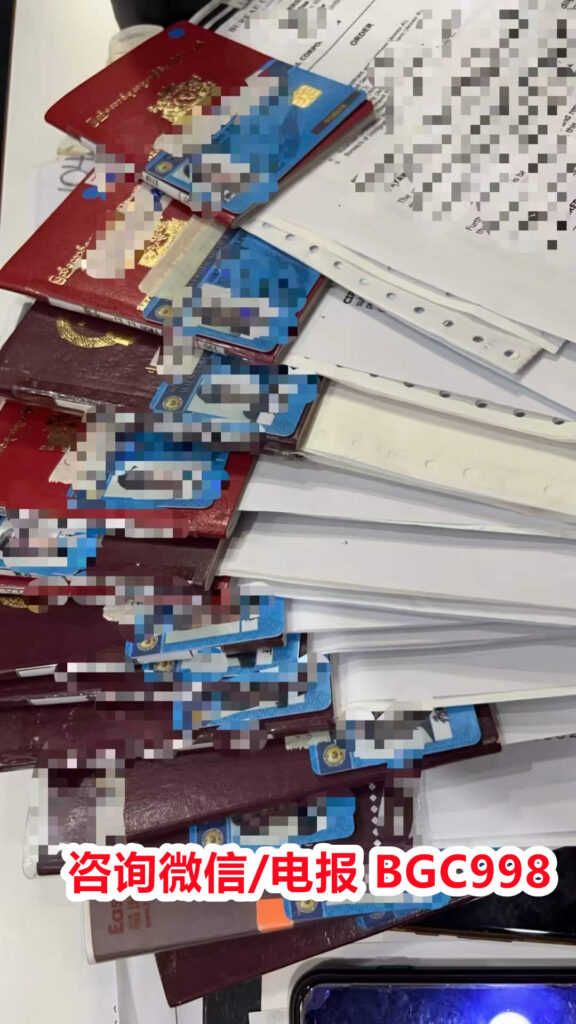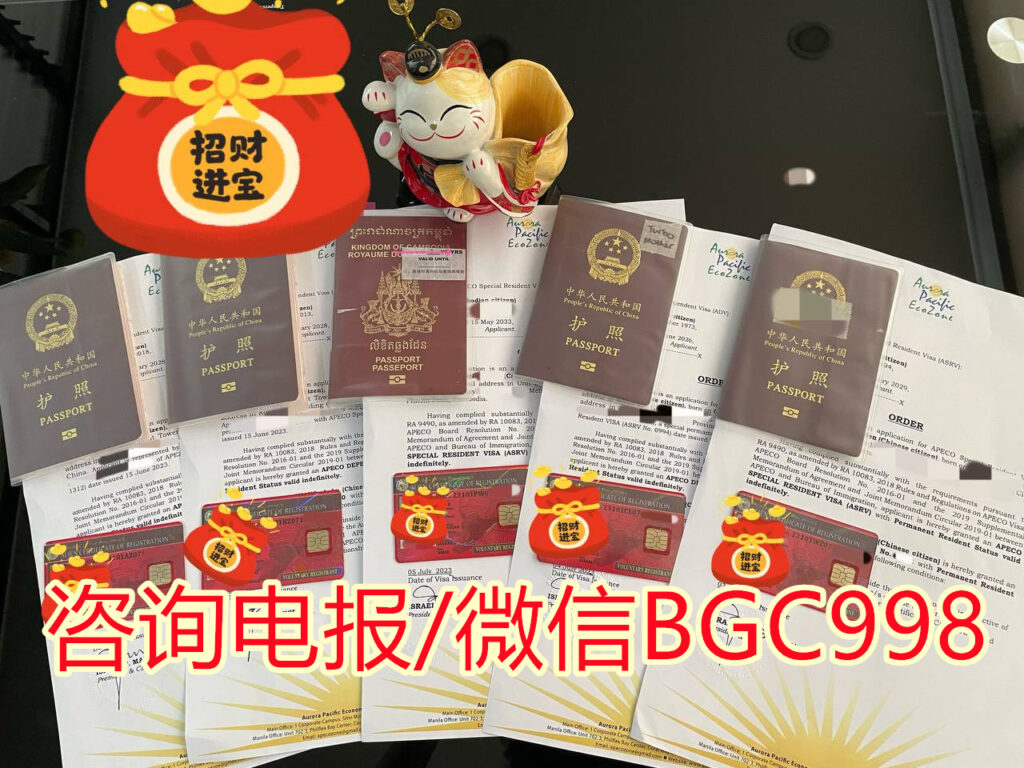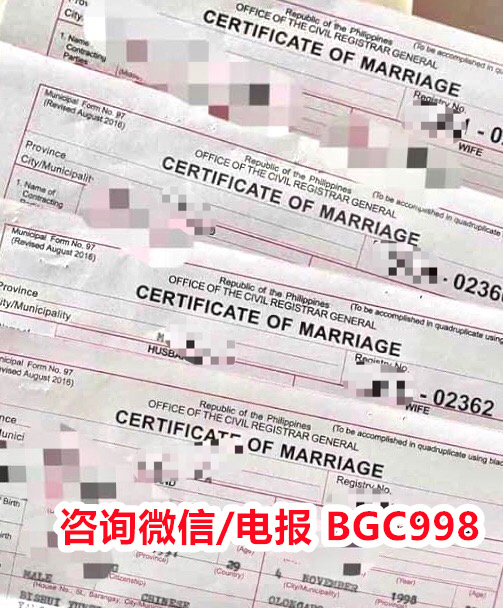Does the Philippines marriage visa (13A) allow multiple entries?

Can a Philippines marriage visa (13A) holder work freely in the country?
Yes, one of the biggest advantages of the Philippines marriage visa (13A) is that it allows the foreign spouse to work without needing a separate work permit. Unlike other visas such as tourist visas or student visas, which restrict employment, the 13A provides permanent residency rights, including the ability to engage in legal employment or establish a business. This freedom makes it much easier for foreign spouses to integrate into the local economy and build a sustainable life. However, while no additional work permit is required, the 13A holder must still comply with labor and tax regulations. This means registering with the Bureau of Internal Revenue (BIR) for tax identification, following employment laws, and ensuring any business activities are properly licensed. For many foreign spouses, the ability to work freely is a major benefit that provides long-term stability and independence compared to other visa types.

What is the difference between a probationary and a permanent Philippines marriage visa (13A)?
When first approved, the Philippines marriage visa (13A) is usually issued on a probationary basis for one year. During this time, immigration authorities monitor compliance with the conditions of residency, the authenticity of the marriage, and the foreign spouse’s overall adjustment to life in the Philippines. After successfully completing this probationary year, the foreign spouse can apply to convert the visa into permanent status, which grants indefinite residency rights. The permanent 13A does not expire, though the holder must still comply with the annual report requirement and renew their Alien Certificate of Registration (ACR I-Card) periodically. The probationary stage acts as a safeguard against fraudulent or rushed marriages, ensuring only genuine applicants progress to permanent residency. For couples with strong evidence of their relationship and a stable lifestyle, moving from probationary to permanent status is usually straightforward.
Does the Philippines marriage visa (13A) allow multiple entries?
Yes, the Philippines marriage visa (13A) provides multiple-entry privileges, meaning the foreign spouse can leave and re-enter the country without needing to apply for new entry permits each time. This is one of the most convenient benefits of the 13A compared to short-term visas. For instance, a 13A holder can travel abroad for work, family visits, or vacations, then return to the Philippines freely as long as their visa and Alien Certificate of Registration (ACR I-Card) remain valid. However, extended absences from the Philippines could raise questions about whether the foreign spouse is genuinely residing in the country, especially if absences stretch for several years. For this reason, while travel is allowed, maintaining strong ties and residence in the Philippines is important to preserve the visa’s benefits. Overall, the 13A offers far greater flexibility for international mobility compared to many other residency visas.

What are the obligations of a Philippines marriage visa (13A) holder?
While the Philippines marriage visa (13A) grants permanent residency, it also comes with responsibilities. First, holders must comply with the Annual Report requirement, visiting the Bureau of Immigration once a year to confirm residency status. Second, they must renew their ACR I-Card periodically, usually every five years. Third, they must abide by Philippine laws, including immigration regulations, tax obligations, and any employment or business rules. Holders are also expected to maintain the integrity of their marital relationship, since the visa is based on marriage to a Filipino citizen. Additionally, they must not engage in activities that could endanger national security or public welfare, as these could result in revocation of the visa. Meeting these obligations ensures smooth residency and avoids complications with immigration authorities. For most couples, these duties are straightforward and well worth the stability the visa provides.
How does a Philippines marriage visa (13A) benefit dependent children?
The Philippines marriage visa (13A) allows dependent children of the foreign spouse to be included under derivative visas, enabling them to reside legally in the country alongside their parents. This ensures family unity, avoiding the disruption of having children on separate, temporary visas. Derivative visas provide dependent children with the right to study, access healthcare, and enjoy other residency benefits. If the children are minors, their status is automatically tied to the parent’s 13A visa, giving them stability until they reach adulthood. For children who are already Filipino citizens by birth, the visa indirectly benefits them by securing the residency of their foreign parent, ensuring the family can remain together. This family-centered approach makes the 13A especially valuable for couples raising children in the Philippines, as it removes the uncertainty that often comes with short-term or limited residency options.

Can a Philippines marriage visa (13A) be applied for from abroad?
Yes, the Philippines marriage visa (13A) can be applied for either within the Philippines or through a Philippine embassy or consulate abroad. Many couples choose to apply directly in the Philippines if they are already residing there together, as the process may be more convenient and allows immediate follow-up with immigration officers. However, if the foreign spouse is still overseas, filing at a Philippine consulate can be a good option. The documents submitted abroad are then forwarded to Philippine authorities for approval. The basic requirements remain the same—marriage certificate, financial capacity proof, medical exam, police clearance, and petition from the Filipino spouse. Processing times may vary depending on where the application is filed. Regardless of location, the essential point is that the marriage must be legally valid and recognized under Philippine law for the visa to be approved.
What documents are required to apply for a Philippines marriage visa (13A)?
The application for a Philippines marriage visa (13A) requires several important documents. These include the marriage certificate recognized in the Philippines, the foreign spouse’s passport, the Filipino spouse’s proof of citizenship, a joint affidavit of support, financial capacity evidence such as bank statements or employment certificates, medical clearance, and police clearance from both the foreign spouse’s home country and the Philippines. The Filipino spouse must also file a formal petition requesting residency for their partner. Additional supporting documents, such as proof of cohabitation, photographs, or joint accounts, can strengthen the application by demonstrating the genuineness of the marriage. Immigration authorities are strict about completeness and authenticity, so all documents must be properly authenticated and, if necessary, translated into English. Preparing a well-organized and complete set of documents is key to avoiding delays or denials during the application process. ★
针对以上话题您是否想了解更多?欢迎联系我们咨询
English/Tagalog Inquiries :
WeChat : dpylanayon
Telegram : @Diadem_Pearl
EMAIL: dplanayon.royalewonders@gmail.com
VIBER:+ 63 939 526 6731 / +63 9176523432
WhatsApp / PHONE:+639176523432
中文咨询
微 信:BGC998 电报@ BGC998 或 微信:VBW333 电报@VBW777
菲律宾998VISA是菲律宾MAKATI 实体注册公司,在菲律宾已经有超过19年服务经验,客户隐私安全保护服务可靠,业务提交可以安排工作人员上门取件或前往我们办公室提交。菲律宾政策时常变化,且信息发布有时间差,有需要相关业务最新资讯欢迎联系我们。
欢迎关注我们的电报TELEGRAM频道
998官方资讯频道 @FLBYM998
日常案例分享频道 @FLBYM998CASE